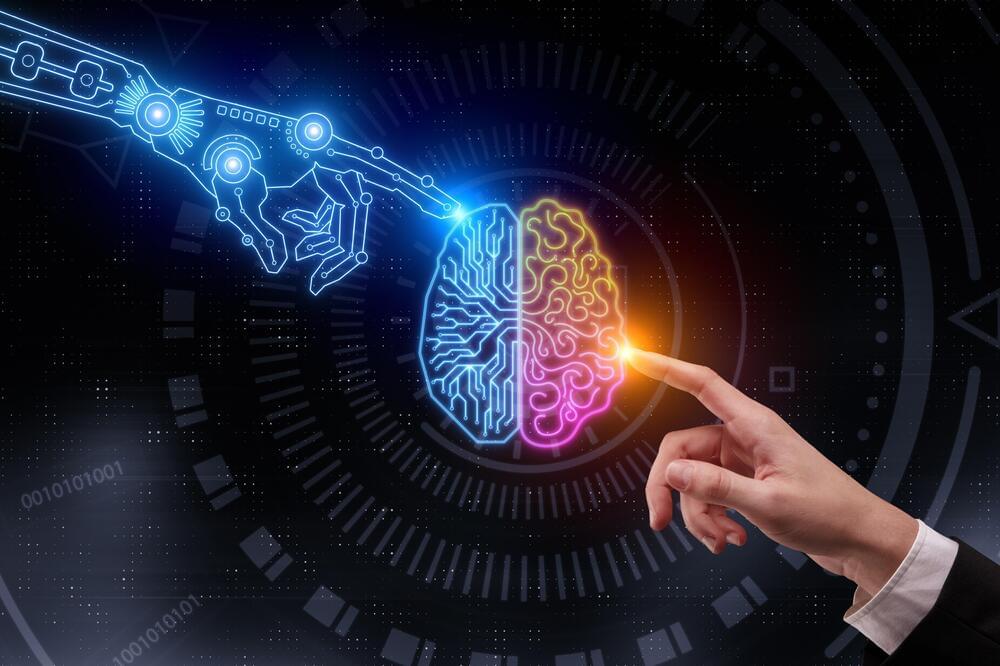While the world has been captivated by recent advances in artificial intelligence, researchers at Johns Hopkins University have identified a new form of intelligence: organoid intelligence. A future where computers are powered by lab-grown brain cells may be closer than we could ever have imagined.
What is an organoid? Organoids are three-dimensional tissue cultures commonly derived from human pluripotent stem cells. What looks like a clump of cells can be engineered to function like a human organ, mirroring its key structural and biological characteristics. Under the right laboratory conditions, genetic instructions from donated stem cells allow organoids to self-organize and grow into any type of organ tissue, including the human brain.
Although this may sound like science-fiction, brain organoids have been used to model and study neurodegenerative diseases for nearly a decade. Emerging studies now reveal that these lab grown brain cells may be capable of learning. In fact, a research team from Melbourne recently reported that they trained 800,000 brain cells to perform the computer game, Pong (see video). As this field of research continues to grow, researchers speculate that this so-called “intelligence in a dish” may be able to outcompete artificial intelligence.
